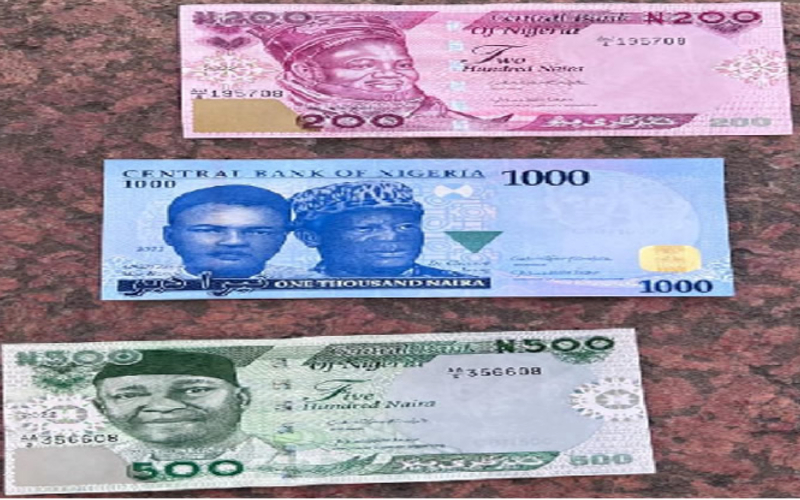The Central Bank of Nigeria has recently disclosed that Nigeria’s total money supply, identified as M2, surged to an impressive N66.4 trillion in September 2023. M2 encompasses the total amount of money available within the nation’s economy at a given time.
This encompasses physical currency such as coins and banknotes and various deposits held by individuals, businesses, and institutions in banks and other financial establishments.
The growth in Nigeria’s money supply can be attributed to the expansive monetary policies adopted by the central bank in response to the challenges posed by the COVID-19 pandemic. Since September 2020, Nigeria’s money supply has more than doubled, rising from N29 trillion before the pandemic-induced lockdown in February 2020. In the last 12-18 months, it has witnessed a rapid year-on-year increase of about 34.6%.
A notable contributing factor to this surge in money supply was the devaluation of the naira, which occurred following the forex unification in June. This policy alteration effectively injected approximately N10 trillion into the money supply, further accelerating its growth.
Key Highlights from the Data
- M2 Breakdown: A closer examination of the data reveals growth and declines in specific components of the money supply. Quasi money, referring to financial instruments that can be easily converted to cash, increased from N40.8 trillion in August 2023 to N41 trillion. Demand deposits, primarily consisting of checking accounts or funds in banks accessible without prior notice, rose from N21.7 trillion to N23 trillion. In contrast, currency outside banks saw a modest increase from N2.29 trillion to N2.3 trillion.
- Net Foreign Assets vs. Net Domestic Assets: A significant observation was the decline in Net Foreign Assets, plummeting from N7.1 trillion to a mere N591 billion. In contrast, Net Domestic Assets rose to N66.5 trillion from N58.3 trillion. It’s essential to understand that the money supply is the sum of net domestic and foreign assets.
- Net Domestic Credit: There was also an increase in net domestic credit, rising from N87.2 trillion to N92.7 trillion. This suggests that net domestic credit to GDP is approximately 42.7%. An examination of the breakdown reveals that credit to the government increased to N34.1 trillion from N32.5 trillion, while credit to the private sector climbed from N54.7 trillion to N58.6 trillion. Credit to the private sector now constitutes 63% of net domestic credit.
Why This Matters
The money supply is a critical indicator in assessing interest rates and the potential for inflation during a specified period. The recent surge in Nigeria’s money supply aligns with rising inflation, pressure on the exchange rate, and declining interest rates.
As the money supply continues to grow, the risk of inflation increases, ultimately reducing purchasing power. Additionally, a larger money supply can result in lower interest rates, particularly when investment opportunities are limited. This may make Nigerian assets less appealing to foreign investors, a concerning issue considering Nigeria’s reliance on dollar imports.
In conclusion, the surge in Nigeria’s money supply has far-reaching implications, impacting inflation, exchange, and interest rates. Understanding these dynamics is crucial for formulating effective economic policies and maintaining a stable financial environment.











